We are going to show you how simple it is to password protect a PDF on your iPhone using the UPDF app for iOS. If you tend to travel a lot for work and do a lot of emailing on the go, or you just need an even easier way to adhere to essential compliance regulations, this is for you.
AI technology makes so many aspects of our lives easier, and has revolutionized the way we all live. However, technology advancing in such a way means the need for tighter cyber security is crucial. When sending and saving files containing sensitive information, any additional layer of security you can include is really important in this day and age. And one of the best ways to do this is to password protect your PDF documents.
It’s notoriously tricky to password protect PDFs on an iPhone, but now you’ve got everything you need right at your fingertips. Download the UPDF for iOS app to your iPhone via the below button to go to App Store.
Windows • macOS • iOS • Android 100% secure
Now, without further ado, here are two ways to password protect a PDF on your iPhone.
Way 1. Password Protect a PDF on iPhone via Adding Open Password
Using the password function for a PDF document in UPDF for iOS is a really handy way to keep your files secure. This makes sure files can’t be accessed by anyone who doesn’t have permission to view them. You can confidently send PDFs confidently via email, or save them on your device (if you share a work phone for example), or store it on a communal work server.
This will also help prevent anyone else from editing documents without your knowledge. Plus, being able to do all of this on your iPhone is a huge bonus because you can ensure file stay protected while on the go, and you can alter documents from anywhere.
Follow these steps to get started and password protect your PDF using your iPhone today:
- Once you have downloaded the UPDF for iOS app onto your iPhone, select the “+” symbol in the bottom right corner to upload your PDF file.
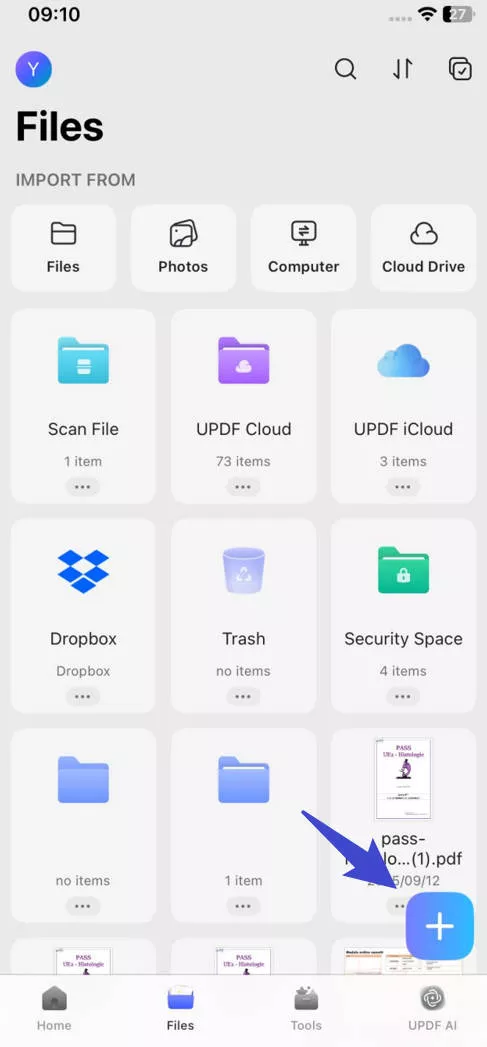
- Open up your PDF, then tap the arrow in the top right corner of the app (next to the house icon).
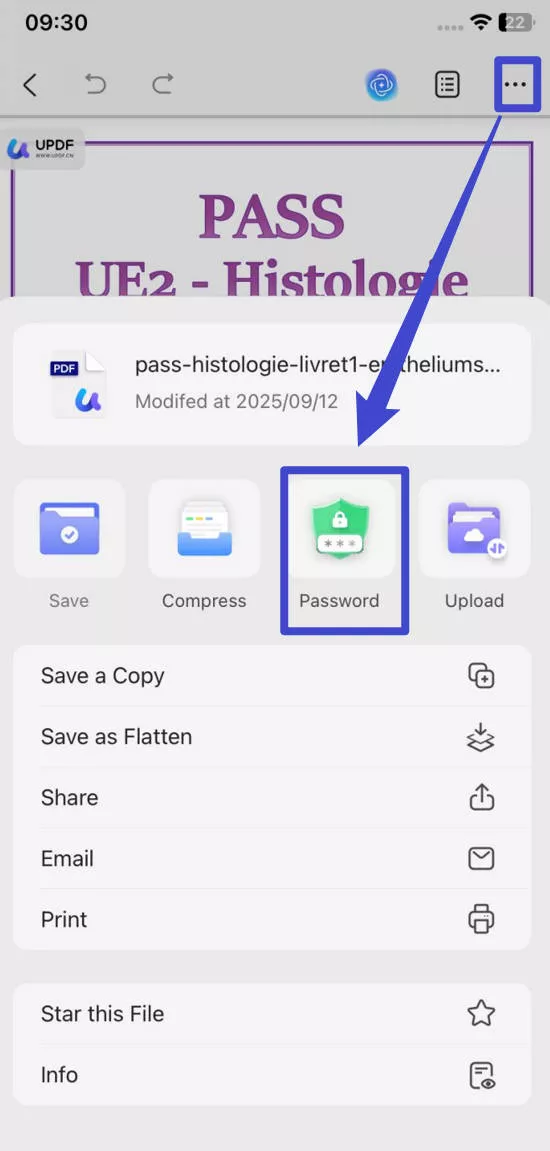
- Then select “Password” from the dropdown menu and a box will appear prompting you to create a password for the PDF.
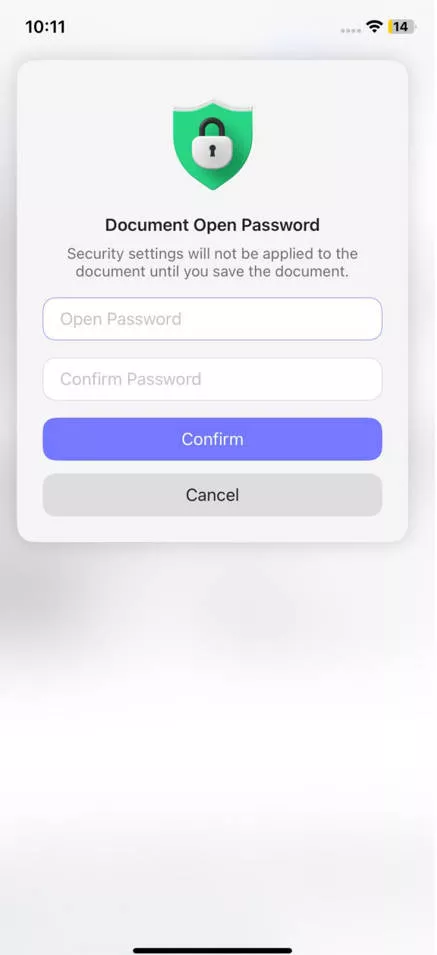
- After you have confirmed your password and everything has worked, the word “Successful!” will appear on your screen.
- Save the updated PDF within the app.
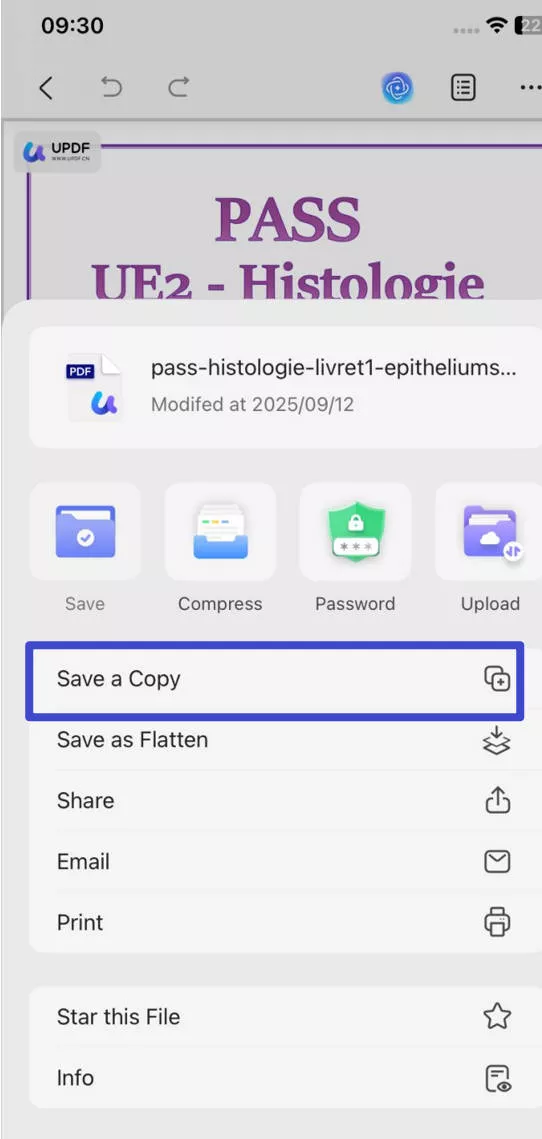
- Your PDF should now be displaying a lock symbol, indicating it is indeed password protected.
Please note that if you would like to remove the password, you just have to open password protected PDF and enter the password, tap the arrow in the top left corner and select “Password” again. Once you have done that you will be given the option to either “Remove” the password or change your existing password.
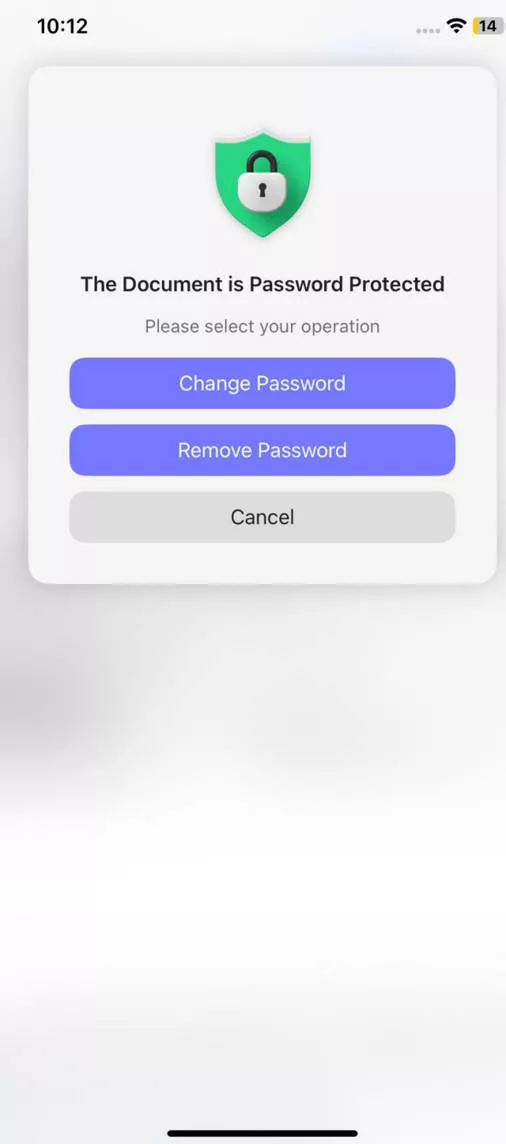
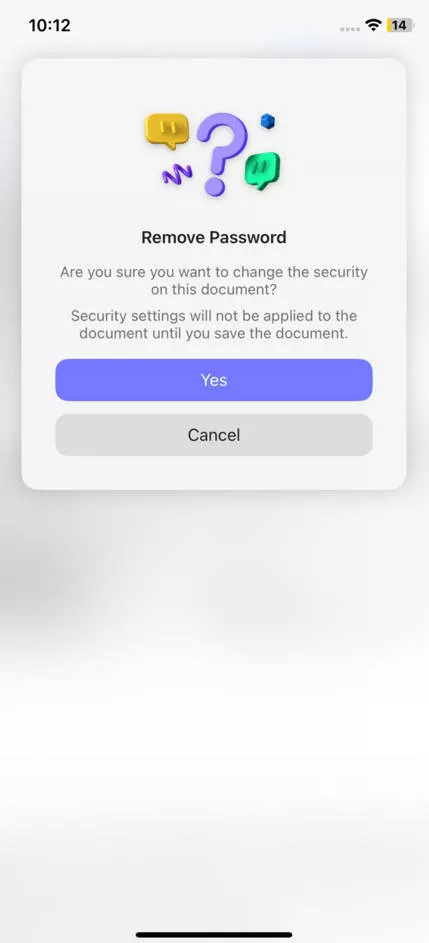
Way 2. Password Protect a PDF on iPhone via Locking the PDF App
Now you can cover all bases by password protecting the entire UPDF app. Not only does this increase the security of your files, it means there will be even less chance of anyone getting hold of your PDFs and editing them. And in the unfortunate event that you lose your device, no unauthorized persons can access anything within the app.
To password protect the app on your iPhone, you will need to upgrade to UPDF Pro which will enable you to explore all the features available. You can check this review article, or click the below button to give it a try before purchasing.
Windows • macOS • iOS • Android 100% secure
Here are the steps to follow if you want to password protect the UPDF app:
- Open up UPDF and tap on your profile icon (purple circle in the top left corner).
- Now tap on the “Settings” option, then select “Security”.
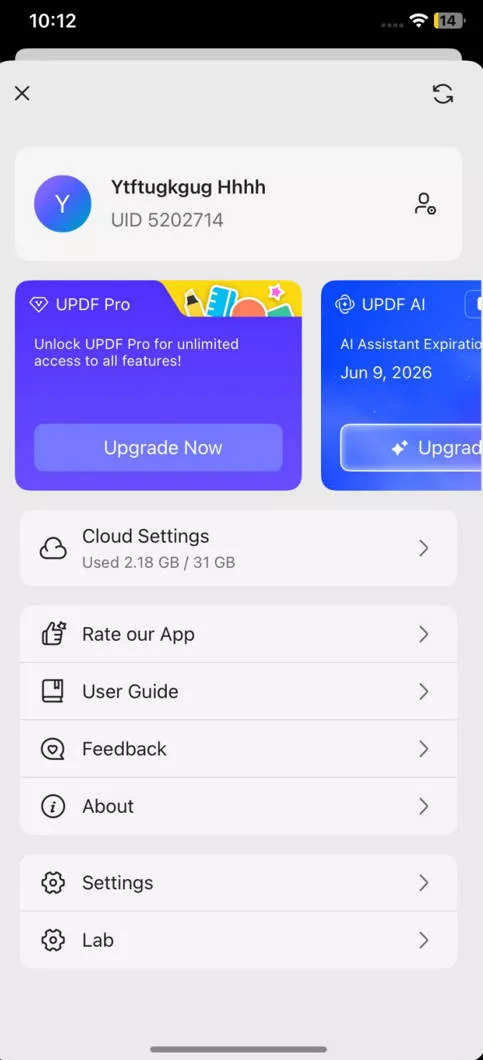
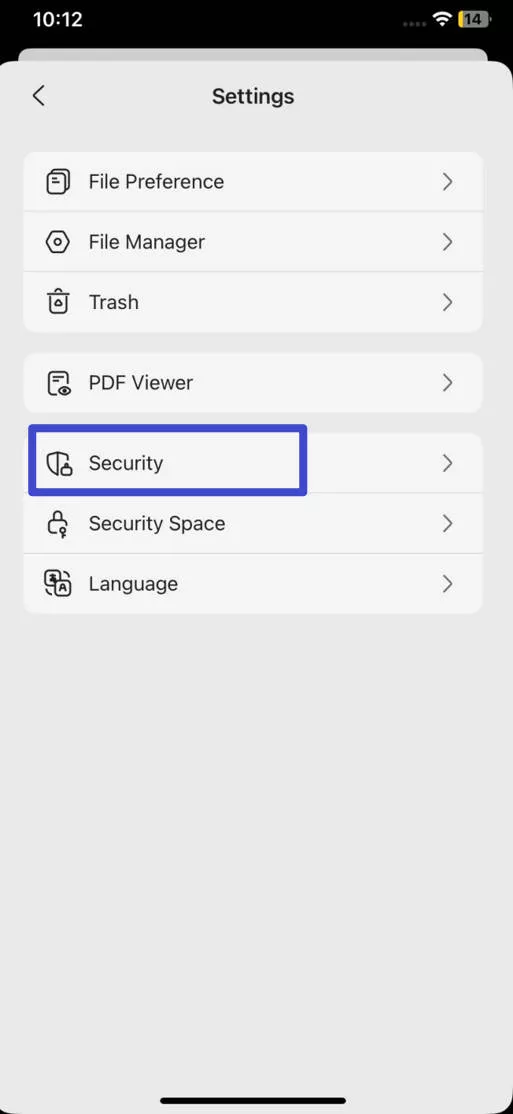
- From there you can activate the “Passkey Lock” to secure the app on your iPhone.
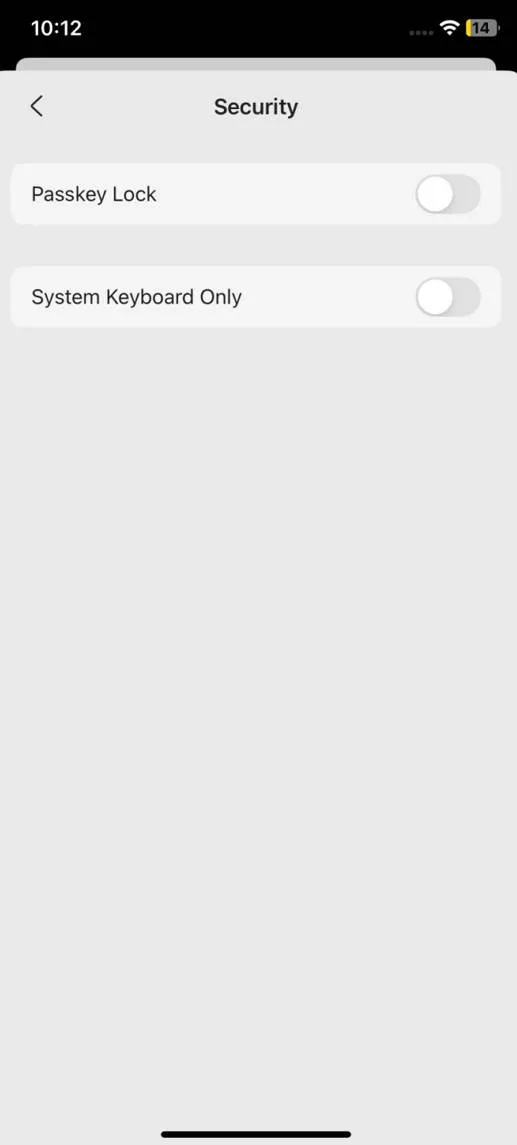
FAQs
Q1. How to Password Protect a PDF on iPhone Free?
1.Locate the PDF file you want to password protect in your ‘Files’ app on your iPhone.
2.Open the file up and select the arrow icon at the top, to the right of the file title.
3.Select “Lock PDF” from the dropdown menu and create a password.
4.When you return to the Files app your PDF will now display a lock icon showing it has successfully been password protected.
Q2. How to Password Protect a PDF in Adobe Reader?
1.Open your PDF in Adobe Reader and go to “File” then select “Protect Using Password”.
2.Choose whether you want to protect for viewing or editing, then enter and confirm your password.
3.Now select “Apply” and save the PDF file to make sure it’s successfully password protected
Q3. Why Can't Open Password Protected PDF on iPhone?
It can be tricky to open a password protected PDF on an iPhone for several reasons, including coming up against outdated PDF reader apps, incompatible formats, corrupted files and incorrect password entry attempts. Here are some solutions:
1.Keep a note of your passwords using a safe and secure password storage app.
2.After password protecting a file, always take a second to double check your password works in case a mistake has been made.
3.Switch over to using the UPDF for iOS app to avoid any more future issues with outdated software
4.If the issue continues, redownload the PDF file on a different iPhone as it may be corrupted
In Conclusion
If you deal with sensitive information frequently in your day to day life, download the UPDF for iOS app now! There is no better or easier way to password protect a PDF on your iPhone.
Windows • macOS • iOS • Android 100% secure
 UPDF
UPDF
 UPDF for Windows
UPDF for Windows UPDF for Mac
UPDF for Mac UPDF for iPhone/iPad
UPDF for iPhone/iPad UPDF for Android
UPDF for Android UPDF AI Online
UPDF AI Online UPDF Sign
UPDF Sign Edit PDF
Edit PDF Annotate PDF
Annotate PDF Create PDF
Create PDF PDF Form
PDF Form Edit links
Edit links Convert PDF
Convert PDF OCR
OCR PDF to Word
PDF to Word PDF to Image
PDF to Image PDF to Excel
PDF to Excel Organize PDF
Organize PDF Merge PDF
Merge PDF Split PDF
Split PDF Crop PDF
Crop PDF Rotate PDF
Rotate PDF Protect PDF
Protect PDF Sign PDF
Sign PDF Redact PDF
Redact PDF Sanitize PDF
Sanitize PDF Remove Security
Remove Security Read PDF
Read PDF UPDF Cloud
UPDF Cloud Compress PDF
Compress PDF Print PDF
Print PDF Batch Process
Batch Process About UPDF AI
About UPDF AI UPDF AI Solutions
UPDF AI Solutions AI User Guide
AI User Guide FAQ about UPDF AI
FAQ about UPDF AI Summarize PDF
Summarize PDF Translate PDF
Translate PDF Chat with PDF
Chat with PDF Chat with AI
Chat with AI Chat with image
Chat with image PDF to Mind Map
PDF to Mind Map Explain PDF
Explain PDF Scholar Research
Scholar Research Paper Search
Paper Search AI Proofreader
AI Proofreader AI Writer
AI Writer AI Homework Helper
AI Homework Helper AI Quiz Generator
AI Quiz Generator AI Math Solver
AI Math Solver PDF to Word
PDF to Word PDF to Excel
PDF to Excel PDF to PowerPoint
PDF to PowerPoint User Guide
User Guide UPDF Tricks
UPDF Tricks FAQs
FAQs UPDF Reviews
UPDF Reviews Download Center
Download Center Blog
Blog Newsroom
Newsroom Tech Spec
Tech Spec Updates
Updates UPDF vs. Adobe Acrobat
UPDF vs. Adobe Acrobat UPDF vs. Foxit
UPDF vs. Foxit UPDF vs. PDF Expert
UPDF vs. PDF Expert




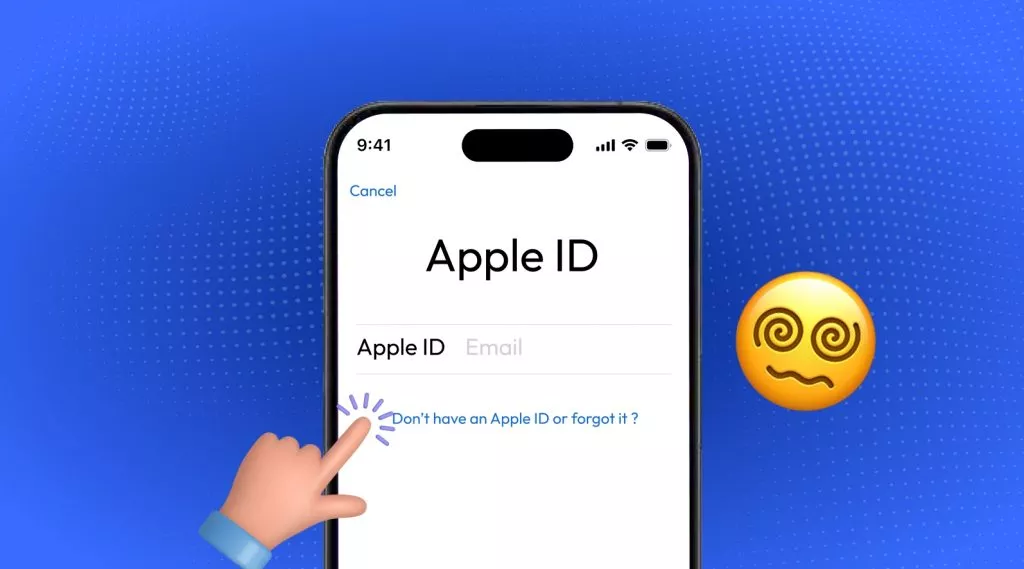

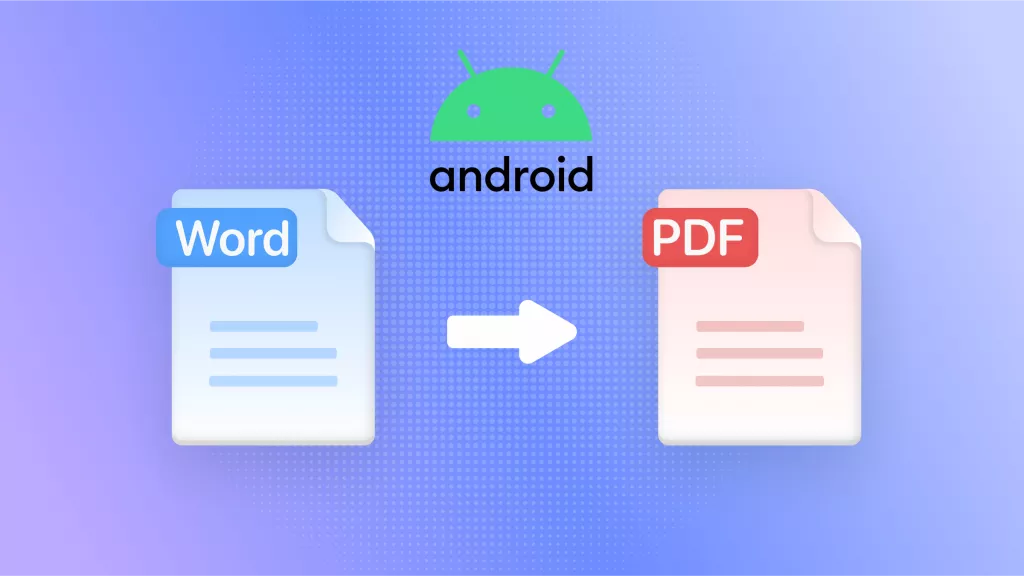

 Enrica Taylor
Enrica Taylor 



